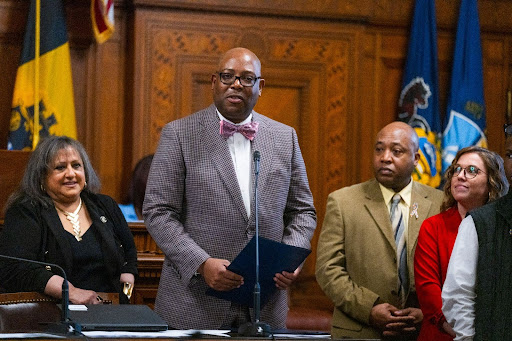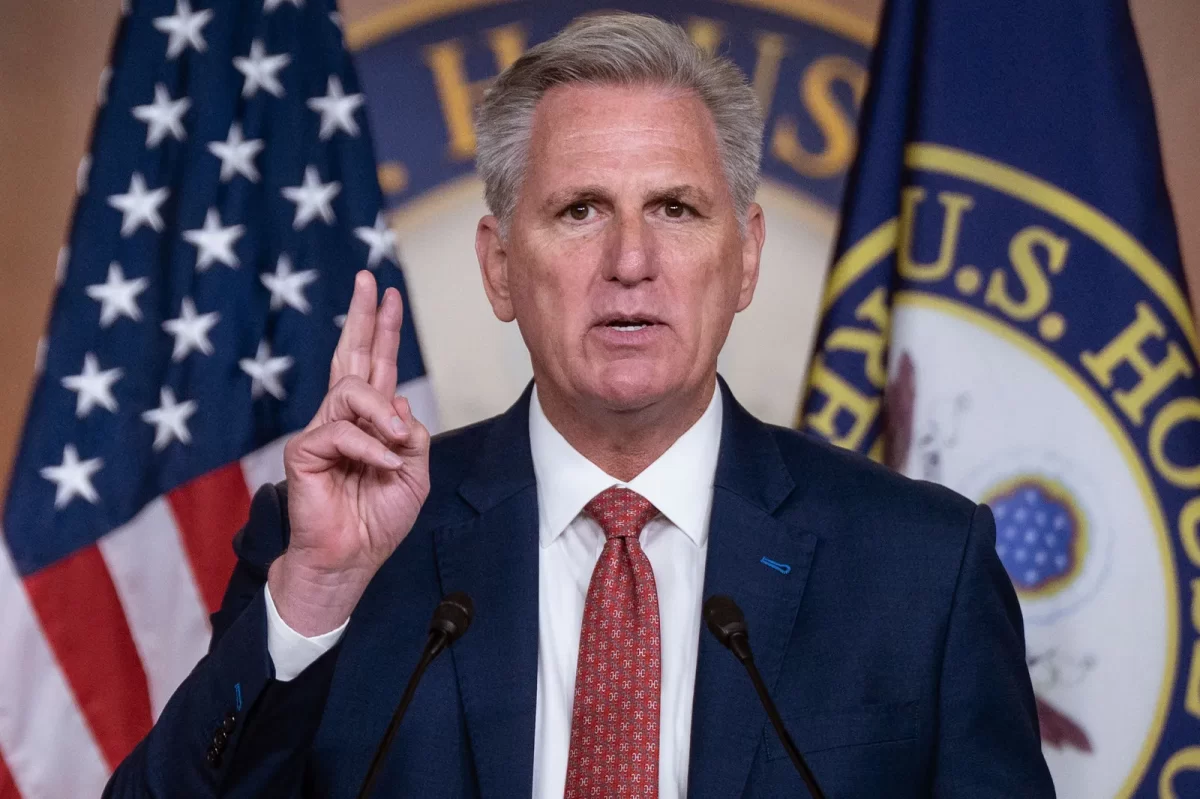On September 13, 2023, the Pittsburgh Public Schools (PPS) released its first Racial Equity Audit Report. Bloomberg Law News defines a racial equity audit as “an independent analysis by a law firm or other third party of a company’s (school district) policies, practices, and products or services with respect to racial equity.” The audit identified symptoms and causes of the systemically racial academic achievement gap in Pittsburgh Public Schools
The PPS audit was facilitated by MGT, a consulting group based in Tampa, Florida that works to “find solutions in areas like finances and forecasting, human capital, cyber and network security, diversity and inclusion, and education improvement.” The district paid $153,000 in their contract with MGT to assemble and facilitate the audit, per the board tab.
The audit initiated its report with policy analysis, survey responses, and then, after gathering those results, provided 61 recommendations for improvement. The audit’s survey responses were collected from staff members, parents, and students. MGT recommended measures that focus on gender-inclusive lingo and making the curriculum more relevant. School principals and the PPS Office of Professional Development have been tasked with developing more “trauma-informed” professional learning sessions with teachers and staff.
Za’Morrie Reeves, a junior at Allderdice who is chair of Allderdice’s African American Centers for Advanced Studies (AACAS), said, “I have heard that some students of color feel uncomfortable answering the teacher’s question at times because they don’t want to seem doltish in front of the white students.”
Reeves added, “I have also heard that students feel as if the teacher will sometimes make certain comments that can be deemed highly disrespectful.” The audit hoped to identify these issues and trends in student feelings and perceptions at school.
Additionally, an often controversial issue that MGT suggested the district should focus on is re-evaluating suspension and disciplinary policies. The district currently has placed a pause on the issuance of citations to students who violate the law in school, after the public pushed the Board on the topic. The issue of discipline in the district has been a difficult one, given district policies have disproportionately negatively affected Black students, according to the audit.

Executive Director of the PPS Office of Equity, Dr. Kimberly Cruz, said that they will take the recommendations, and “then begin doing the action planning around items ‘deemed to be transformational’ and then we will devise an actual plan around timeline.”
Cruz added, “Some of the findings, we were not necessarily shocked about. That was the whole reason for the equity audit in the first place. We knew there were some inconsistencies across our schools.” Findings from the report ranged from low academic performance of Students of Color to behavioral concerns, among various other conclusions.
Throughout the audit and public inquiry, auditors asked the members of the public, staff, and students about their real-life experiences with racial disparity and what inequities they see in school. The audit’s questioning themes focused on current district equity policies’ effectiveness in schools.
The report claims that the district discontinued tracking equity progress in the 2019-20 school year as a result of COVID-19. The audit highlights the District’s obligation to work with the guidelines set by Memorandum of Understanding (MOU) from 2022. The document is an agreement between PPS and PA Human Relations Commission to achieve equity goals in Pittsburgh schools.
PPS defines equity with an analogy from MAEC 2021, “Service: providing shoes. Equality: everyones gets a pair of shoes. Equity: everyone gets shoes that fit.” The district is left in a position to continue equity efforts and envision a new method of deliverance for its students.









